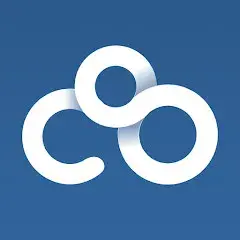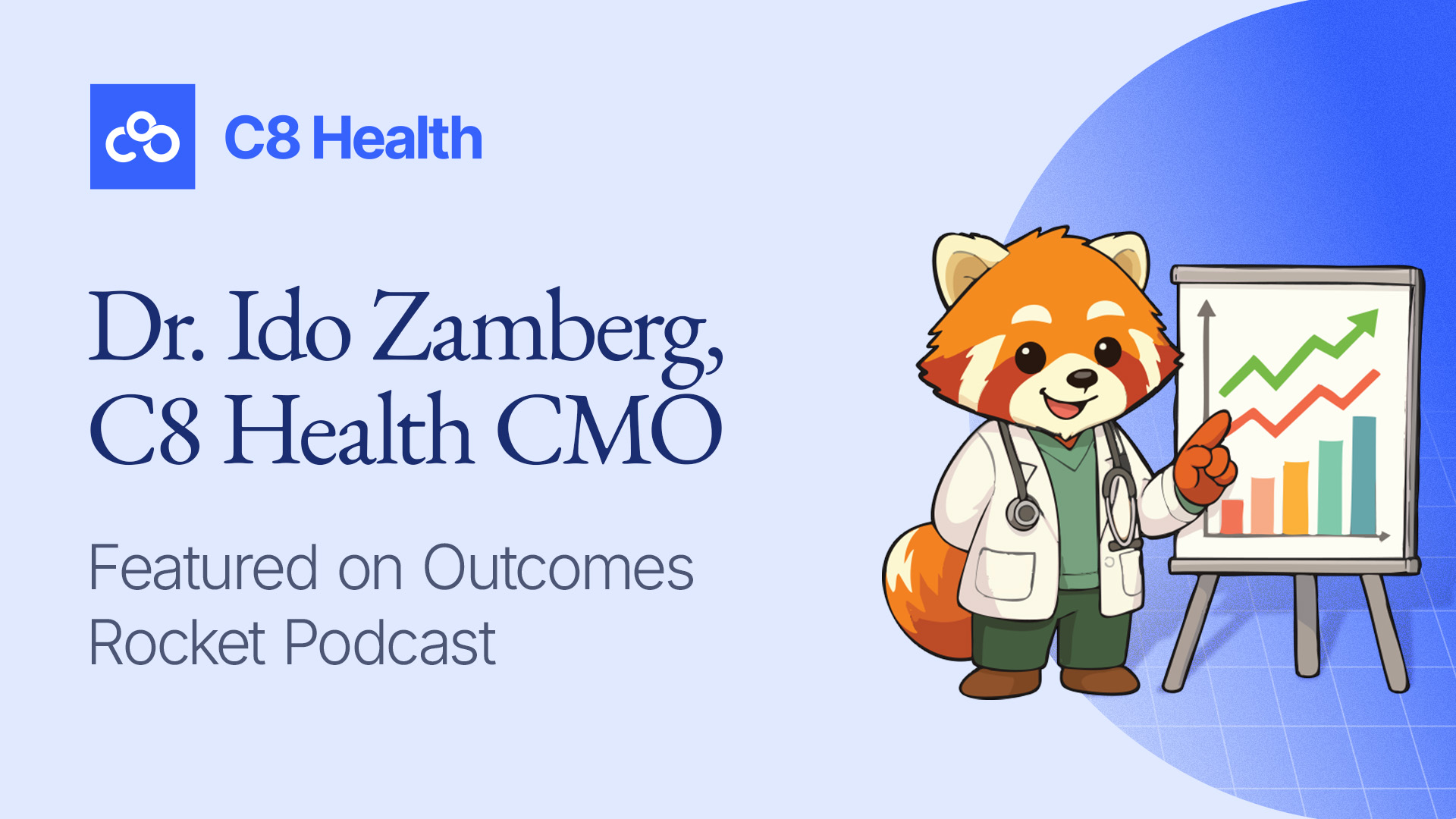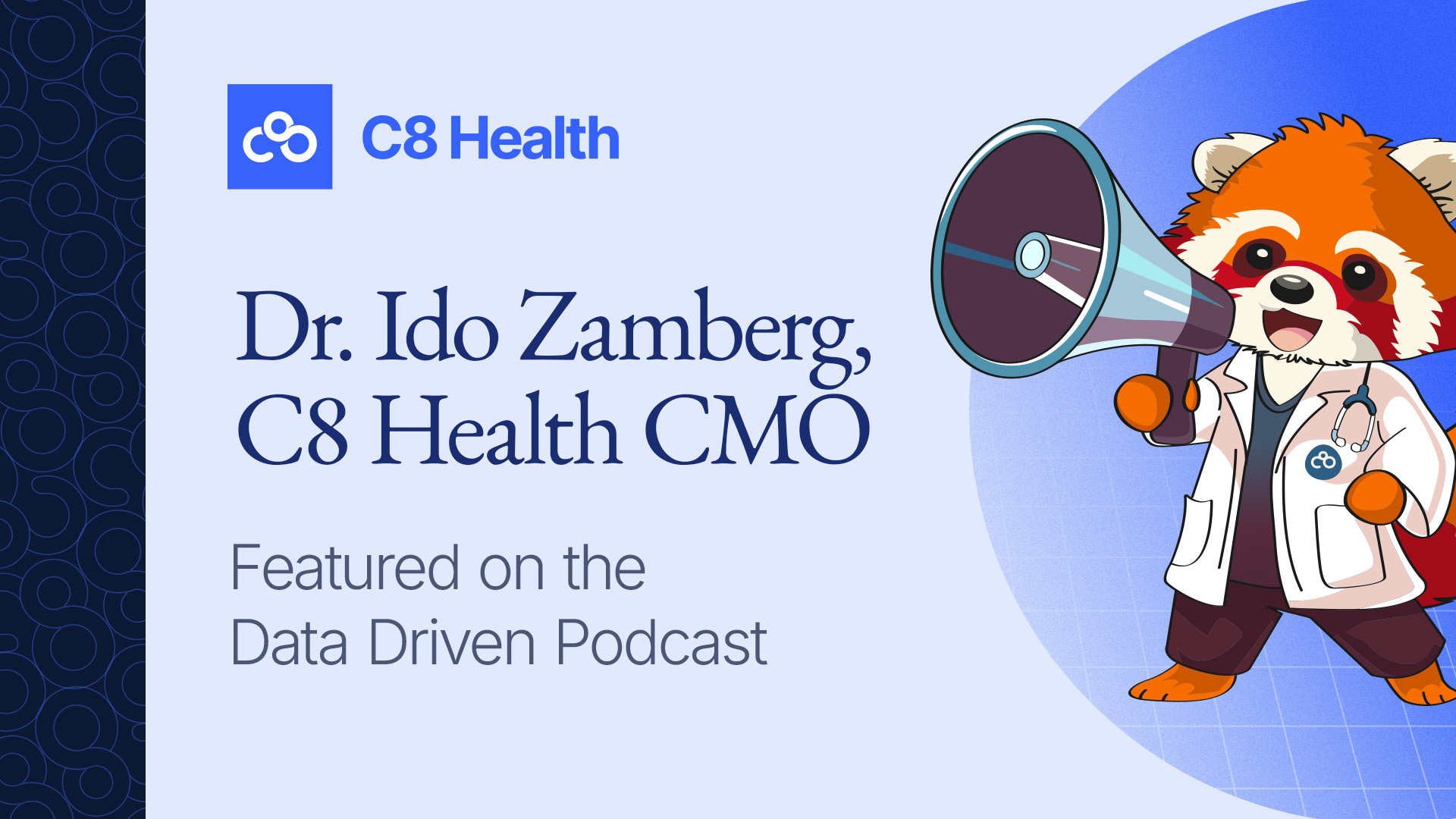Top 3 CRM Functionalities for Healthcare (+ How to Overcome Challenges)
Customer relationship management (CRM) functionalities improve healthcare by centralizing data, operational efficiency, and patient relationships.


Mical DeBrow (Ph.D., RN) is a highly accomplished healthcare professional with a wealth of hands-on experience spanning various sectors of the industry. With a deep understanding of operations, policy implementation, and education in clinical settings, Mical brings a unique perspective to...
See Full BioLearn about our
Editorial PolicyPublished April 8, 2024.
Customer relationship management (CRM) systems are not typically associated with healthcare. Still, their implementation in healthcare significantly helps drive operational efficiency with their advanced tech solutions. With the right functionalities, healthcare organizations can consolidate patient information into one place while saving costs through digitization and sustainability.
» Want to streamline your organization's education? Start here.
Meet the Expert
Mical DeBrow is an accomplished healthcare leader and clinician with extensive expertise spanning pharma, healthcare payers and providers, and healthcare information technology.
1. Appointment Scheduling and Reminders
Ensuring routine testing and scheduled visits boosts operational efficiency, and a CRM system proves highly valuable in organizing and automating workflows and other regular tasks. Many patients may not attend appointments without reminders, and the CRM system can handle appointment scheduling and reminders while consolidating this information for clinicians, billing departments, and diagnostic departments.
2. Historical Data Management
Having instant access to the entirety of a patient's data helps clinicians promptly determine the most appropriate course of action for patients. Instead of making rash judgment calls or laboriously navigating through different systems to retrieve records, valuable information can be seamlessly accessed at the right time, reducing reliance on memory.
"Pulling forward radiology x-ray information was crucial when I was a patient-side caregiver. Remembering what a chest X-ray looked like a year ago was impossible, but being able to compare it with the current one was invaluable. This feature saved time and energy, allowing a focus on patient care rather than spending time searching for results and information."
Efficient knowledge management can boost patient care by consolidating necessary information and allowing healthcare providers to make informed decisions much faster.
Knowledge management is a critical aspect of healthcare today. Download our latest report to learn about the knowledge management trends shaping the future of medicine.
3. Electronic Questionnaires
Electronic questionnaires can be a powerful tool for healthcare providers to collect patient feedback and improve their service quality. By seamlessly integrating electronic questionnaires into a CRM system, healthcare providers can obtain valuable insights and make informed decisions to improve patient satisfaction.
Electronic questionnaires can be easily customized to fit specific healthcare provider needs and offer real-time feedback, making them a flexible and adaptable tool for patient engagement. This can help healthcare providers to enhance their service quality, and build better patient relationships.
» Explore the types of health information technology and their uses.
How We Overcome Challenges to CRM Implementation in Healthcare
Privacy and Compliance
When implementing a CRM system in healthcare, privacy and compliance are crucial aspects that should never be overlooked. Compliance with regulations such as HIPAA and High Trust is mandatory for healthcare organizations to protect patients' sensitive information from unauthorized access and cyber threats.
Healthcare organizations must perform a detailed risk assessment of their CRM system for compliance with best practices and laws including strong access controls, secure data storage, and encryption. Staff should also be trained on privacy and compliance regulations to safeguard patient data against any possible security breaches.
Affordability
The cost of a CRM system with crucial functionalities that simplify the work of healthcare staff is not cheap. While most organizations would benefit from adopting such tools, affordability poses a challenge.
Clinician Resistance
Implementing CRM in healthcare faces clinician resistance, especially among those above 40, due to traditional working methods and limited digital literacy. On the other hand, younger clinicians are generally more tech-savvy and comfortable with implementing the latest advancements and trends in medical technology.
Future CRM Functionalities for Healthcare
The future CRM functionalities in the healthcare sector point towards advanced analytics, particularly predictive analytics. These solutions can offer data-driven insights for better decision-making and communication among patients and healthcare professionals. However, there is a growing demand for more advanced capabilities.
Predictive analytics can assist healthcare providers in anticipating trends and patterns and estimating the care capacity demand of patients more accurately. There are talks in the market to integrate more advanced predictive analytics into CRM systems, which would be a significant leap forward for the healthcare industry.





.jpg)
.jpg)
.jpg)